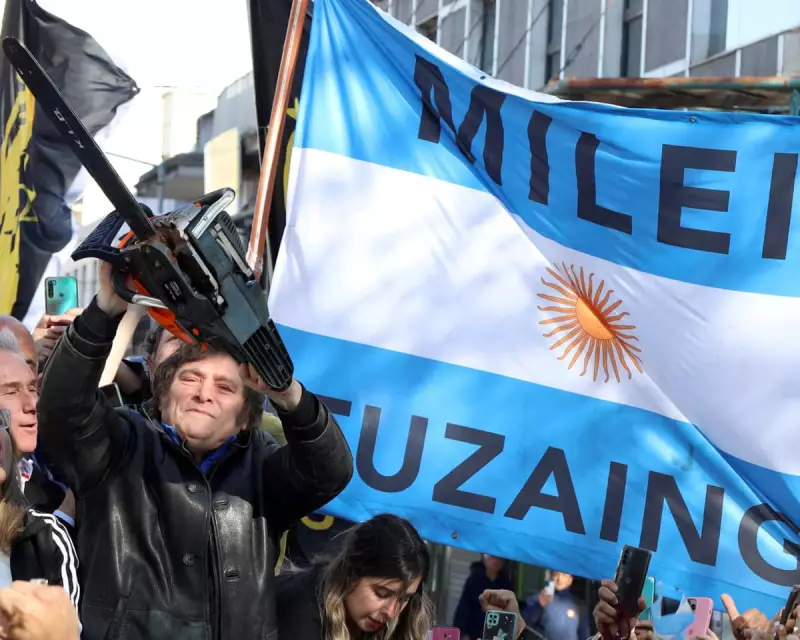
Argentina is reeling from the most severe austerity measures in its modern history as President Javier Milei's "chainsaw" approach to public spending leaves millions struggling to survive. The libertarian economist's radical reforms have triggered what many are calling a humanitarian crisis across the South American nation.
The Human Cost of Economic Shock Therapy
In bustling neighbourhoods of Buenos Aires and provincial towns alike, the evidence of suffering is unmistakable. Soup kitchens report unprecedented queues, with middle-class families joining lines for the first time. "We've never seen anything like this," says community organiser Maria Fernandez. "People who had stable jobs six months ago are now begging for food."
Vanishing Safety Nets
Milei's government has implemented sweeping cuts that have effectively dismantled Argentina's traditional welfare state:
- Subsidies for utilities and transport slashed by over 80%
- Public works projects frozen indefinitely
- Pensions and social programmes dramatically reduced
- Funding for education and healthcare severely curtailed
The results have been catastrophic for vulnerable populations. Elderly citizens report choosing between medication and food, while students drop out of university as grants disappear.
Economic Indicators Paint Grim Picture
Despite government claims that the measures are necessary to combat hyperinflation, economic data reveals a nation in distress:
- Poverty rates have surged to over 55% of the population
- Annual inflation remains above 200%
- Real wages have collapsed by nearly 30%
- Unemployment continues its upward trajectory
"The medicine is killing the patient," argues economist Carlos Rodriguez. "While inflation remains stubbornly high, the social fabric is tearing apart."
Political Fallout and Social Unrest
Public patience is wearing thin as protests become weekly occurrences. Labour unions, once powerful forces in Argentine politics, have organised nationwide strikes that have brought cities to a standstill. However, the government remains defiant.
"There is no alternative," insists Economy Minister Luis Caputo in recent parliamentary testimony. "The previous model brought us to the brink of collapse. Short-term pain is inevitable for long-term stability."
International Concern Grows
Global financial institutions like the IMF have endorsed Milei's approach, but human rights organisations sound alarm bells. The United Nations has expressed "profound concern" about the impact on basic living standards, while neighbouring countries watch anxiously as economic migrants begin crossing borders in search of relief.
As Argentina approaches the one-year mark of Milei's presidency, the nation stands at a crossroads. The question haunting millions of Argentinians is simple yet terrifying: how much more can they endure before something breaks?





